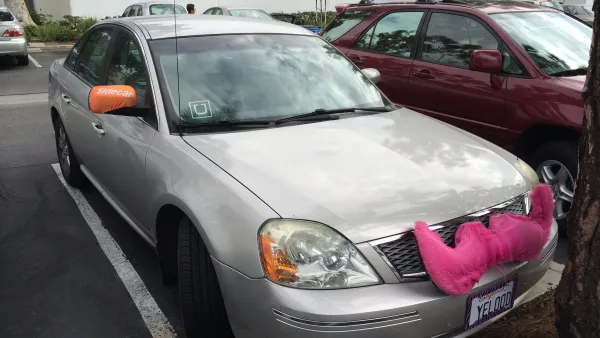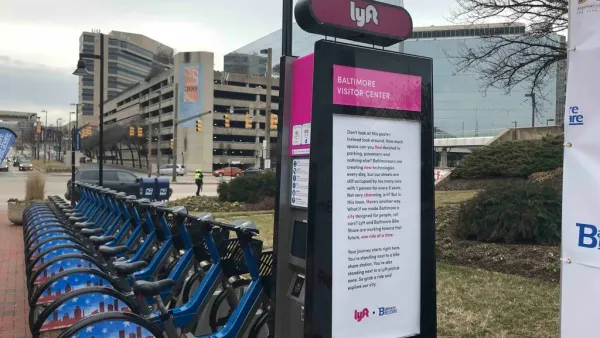A law awaiting the governor’s signature establishes wage rates for drivers. Ride share companies say if the law passes, they plan to continue service in the state.

The Minnesota House of Representatives approved a plan that will keep Uber, Lyft, and other ride share providers in the state. “Passed 71-59 by the House and included in the transportation, labor and housing conference committee report is a plan to pay rideshare drivers $1.28 per mile and 31 cents per minute with a $5 minimum per ride.”
According to a press release from the Minnesota House, “HF4746, as amended, would also grant drivers the right to appeal a deactivation, providing an avenue to possibly reactivate their account on a rideshare app, and appropriate $173,000 in fiscal year 2025 from the General Fund for enforcement, education, and outreach, with annual base of $123,000 beginning in fiscal year 2026.”
The bill does not change drivers’ independent contractor status, but does require companies to provide insurance and compensation for injuries incurred while working. “Officials representing Uber and Lyft assured the conference committee Sunday that the two companies would continue to operate in Minnesota.”
FULL STORY: House lawmakers pass agreement that would keep Uber, Lyft operating in Minnesota

National Parks Layoffs Will Cause Communities to Lose Billions
Thousands of essential park workers were laid off this week, just before the busy spring break season.

Retro-silient?: America’s First “Eco-burb,” The Woodlands Turns 50
A master-planned community north of Houston offers lessons on green infrastructure and resilient design, but falls short of its founder’s lofty affordability and walkability goals.

Delivering for America Plan Will Downgrade Mail Service in at Least 49.5 Percent of Zip Codes
Republican and Democrat lawmakers criticize the plan for its disproportionate negative impact on rural communities.

Test News Post 1
This is a summary

Test News Headline 46
Test for the image on the front page.

Balancing Bombs and Butterflies: How the National Guard Protects a Rare Species
The National Guard at Fort Indiantown Gap uses GIS technology and land management strategies to balance military training with conservation efforts, ensuring the survival of the rare eastern regal fritillary butterfly.
Urban Design for Planners 1: Software Tools
This six-course series explores essential urban design concepts using open source software and equips planners with the tools they need to participate fully in the urban design process.
Planning for Universal Design
Learn the tools for implementing Universal Design in planning regulations.
EMC Planning Group, Inc.
Planetizen
Planetizen
Mpact (formerly Rail~Volution)
Great Falls Development Authority, Inc.
HUDs Office of Policy Development and Research
NYU Wagner Graduate School of Public Service





























